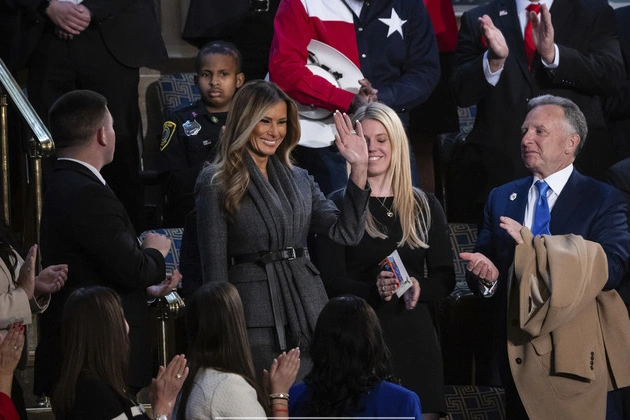
California Wildfire Aid Threatened by Trump's Funding Freeze
California Attorney General Rob Bonta criticized the Trump administration’s decision to halt federal funding for its lack of clarity and potential impact on crucial programs like aiding fire-ravaged areas. The legal challenge mounted by Bonta and other Democratic attorneys general aims to prevent the abrupt funding freeze from harming essential services.
Legal Battle Ensues Over Funding Freeze
A federal judge’s last-minute intervention paused the implementation of Trump’s funding freeze, providing relief to nonprofit organizations and public health groups worried about the dire consequences. The freeze, estimated to put billions of dollars at risk for California and trillions nationwide, has sparked a political showdown over disaster assistance.
California Leaders Demand Unconditional Aid
Following the devastating fires in Los Angeles, California leaders have been vocal in their calls for immediate and unrestricted federal aid. Sen. Alex Padilla condemned Trump’s actions as blocking crucial funds needed for post-disaster recovery efforts, urging the Senate to withhold confirmations until the freeze is revoked.
Confusion Surrounds Funding Freeze Memo
The memo issued by the Office of Management and Budget (OMB) sparked widespread confusion and criticism for its vague language and potential implications. State officials, including AG Bonta, raised concerns about the memo’s ambiguity and the lack of clarity on exempted programs.
Legal Challenges and Uncertain Future
AG Bonta labeled the memo as dangerous and arbitrary, highlighting its potential to disrupt vital programs like Medicaid services. The ongoing litigation seeks to halt the freeze and clarify its scope to avoid further disruptions to essential services in California.
California officials are closely monitoring the situation to assess the potential impact on federal grants and funding crucial for various state programs, including healthcare, education, and transportation.















